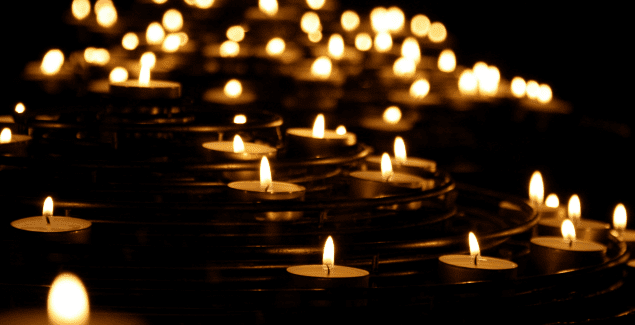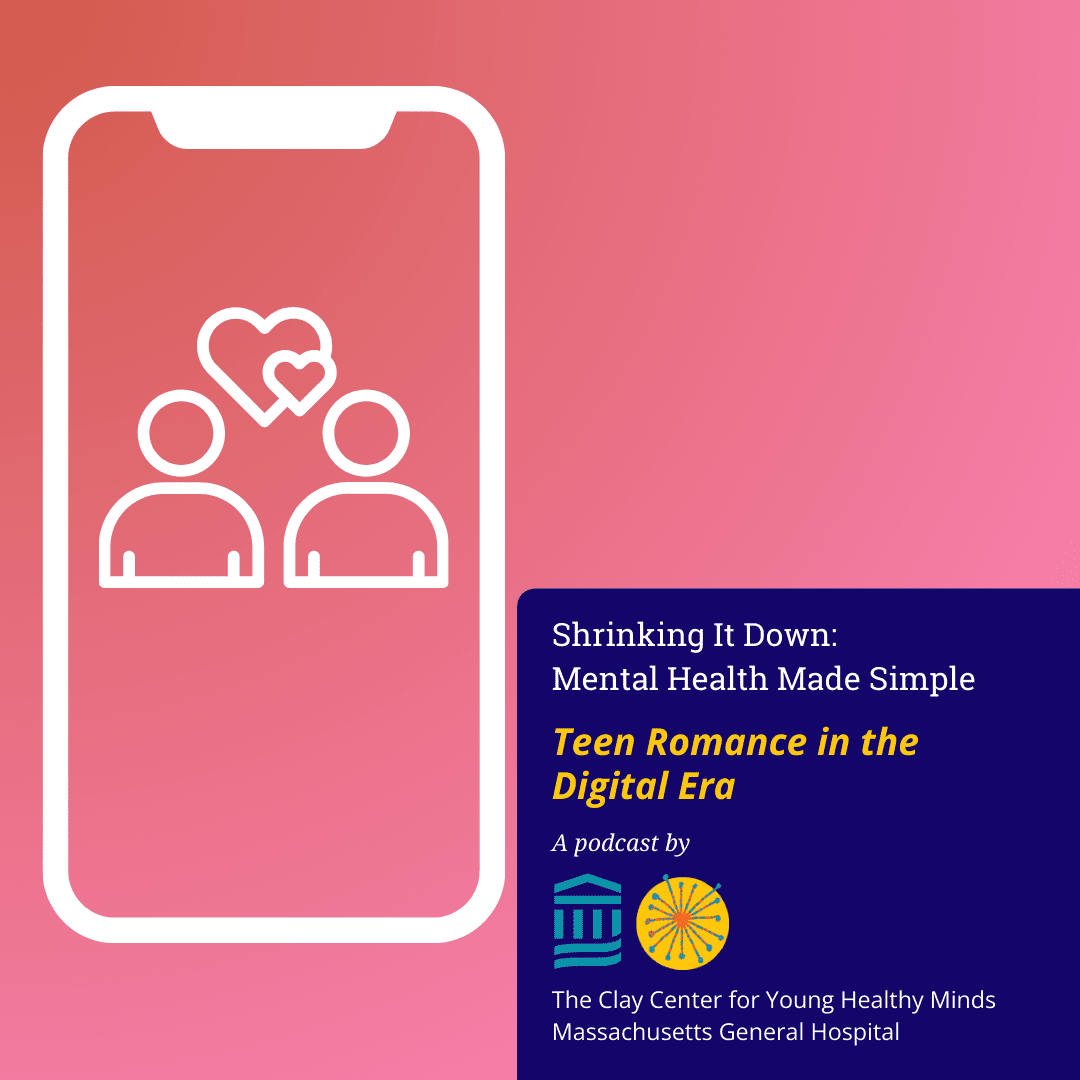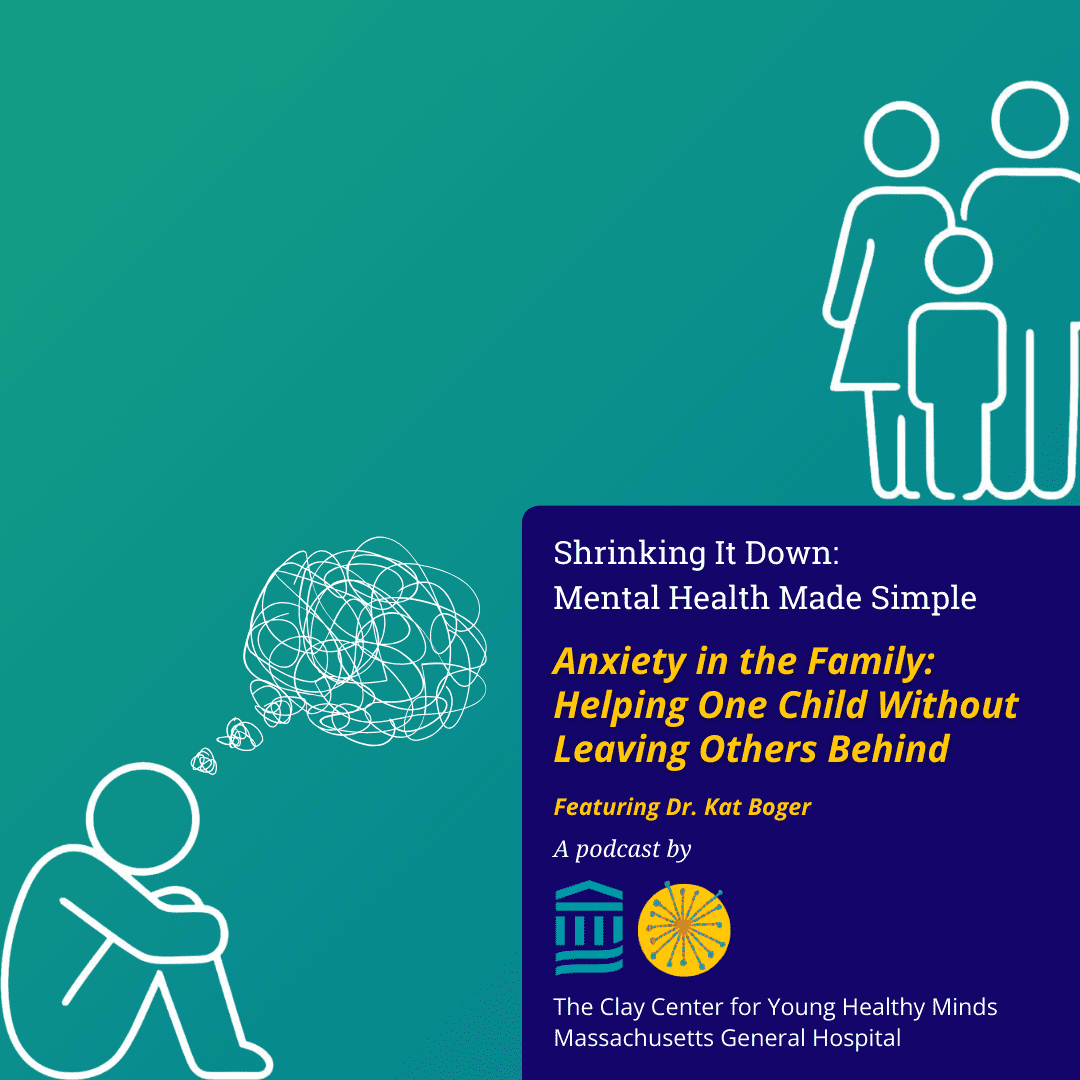I Love You Dad: Words A Father Will Never Hear Again

Posted in: Parenting Concerns
Topics: Real Lives Real Stories
If you think your child is thinking about suicide, take them seriously, stay with them, help them remove lethal means, and Call 988 | National Suicide Prevention Lifeline
This blog post is part of a series entitled Real Lives, Real Stories: Personal Experiences with Mental Illness.
Note: The following person’s account of his/her personal experience has been published with his/her consent to support the mission of The Clay Center for Young Healthy Minds, and let others in similar situations not feel so alone.
Introduction:
Every 11 minutes, someone dies by suicide in the United States. In 2023 alone, nearly 49,000 lives were lost. That’s more than any year before, matching the nation’s peak rate. These numbers are even more alarming for our teens, as last year, 1 in 5 high school students seriously considered attempting suicide. For girls, it was more than 1 in 4. For boys, about 1 in 7. Behind those numbers are name; faces; stories; children who were deeply loves – and are now deeply missed. In this special blog for Suicide Awareness Month, we are joined by the founder of Teenager Mental Health, Joe Hopfer, to help us navigate a devastating kind of loss: the loss of a child to suicide.
I Love You Dad: Words A Father Will Never Hear Again.
By Joe Hopfer
Gene: Thank you again for joining us for this difficult and important conversation. To start, could you share a little more about yourself and why you are here today?
Joe: Of course. I’m Joe Hopfer, a suicide loss survivor—having endured the unimaginable pain of losing my 15-year-old son, James, to suicide. I’m the founder of www.teenagermentalhealth.com, where we use character animation and storytelling to engage high school teens in mental health topics that truly matter. Our stories reflect real struggles—anxiety, depression, body image, self-worth, feeling invisible—and offer evidence-based solutions through characters teens can relate to. Each narrative is crafted to move them from pain to hope, showing that change is possible. We’re now seeking strategic partners who share our vision—to help us expand this library, empower teens through relatable education, and transform lives. Together, we can make a lasting impact on how the next generation understands and values their mental health.
Gene: We all lose people in our lives, and as Benjamin Franklin noted, “there are only two things that are certain, death and taxes.” It seems to me and is substantiated in the research literature that the most painful of deaths is loss of a child – more than the loss of a parent or spouse. But loss to suicide is especially painful and may result in highly complicated grief. What are your feelings about this, Joe? And can you tell us, and I know it may be tough, your story?
Joe: It was the morning of February 23, 2010—a cold, ordinary winter day in Northeast Pennsylvania. Like so many others, I moved through life on autopilot, sleepwalking through the routine. I carried around years of emotional baggage, much of it buried deep beneath the surface, hidden behind a mask I wore every day. I spent so much time trying to suppress it all—worried that if people saw the real me, they’d see the weight I was carrying. Looking back, I didn’t even realize how much I was holding onto, and that blindness was part of the problem. That morning, I walked into work and slowed down just long enough to greet the security guard with a forced smile and a half-hearted “Good morning.” All I could think about was making it to the safety of my desk—just a few more steps to get through another day pretending I was okay.
By 6:45 PM, I had done it again—another full day of keeping my pain hidden from the world, and sadly, from myself. But nothing could have prepared me for what came next. The phone rang. It was my son’s mother. Her voice trembled as she told me the words no parent should ever hear: our 15-year-old son, James, had taken his own life. I had never experienced true trauma before that moment, but in an instant, my entire world shattered. That moment remains frozen in my memory—a before and after that split my life in two. I somehow made my way to my bedroom, collapsed onto the floor, and cried with a pain so deep it felt like it would never end.
Weeks have passed since that horrific day, but the pain hasn’t softened. I still can’t bring myself to walk upstairs. I avoid it at all costs, because just beyond that hallway is his bedroom—and I can’t face it. I can’t bring myself to open the door or even call up the stairs like I used to every morning, “Time to get up, Champ!” The silence is unbearable. What breaks me most is knowing I’ll never again hear those words that meant everything: “I love you, Dad.” And as I sit here, the tears fall, because that voice, that light, is gone—and a part of me went with him.
Now it’s August 2025, and I can honestly say I’ve experienced moments of happiness and peace I never thought would be possible again. You might be wondering—how? After losing my son James to suicide, I was faced with a life-altering decision: Would I allow this tragedy to define me, to consume me with anger and bitterness? Or would I finally wake up from the sleepwalking existence I’d been living and confront the emotional baggage I’d been carrying for years?
I chose to face it. I chose to heal. Losing James took a massive part of my identity with him, and I knew if I didn’t do the hard work to rediscover who I was without him, I would drown in the pain. I didn’t want to be the man others looked at with quiet pity, thinking, “There goes Joe, the guy who lost his son to suicide. No wonder he’s so angry.” That wasn’t the legacy I wanted—for James, or for myself.
So, I made a commitment to grow, to transform my pain into purpose. I gave myself permission to feel, to grieve, to fall apart—and then, slowly, to rebuild. And what I’ve found on the other side of that decision is not just survival, but a life that honors James through compassion, authenticity, and the kind of strength that comes only from facing your darkest moments and choosing to rise. The rest of it would be about things that helped me, compassion for myself, dealing with the pain of regret, learning to give more, and forgive more daily, including myself. Changing the negative self-talk including canceling all future pity-parties. Gain more humility and learn to fully live with gratitude.
Gene: Thank you for sharing this story. For other parents who have lost a child to suicide, what tips or advice would you offer?
Joe: Allow yourself time to grieve with several milestones to keep you focused. Milestones such as knowing nothing about grief until I learned all about it and to not stop looking for help until you find someone for example. While I was open to talking to a therapist about this, it took a while to find one who could understand my pain and confusion. About 2 years after losing my son, I switched talking about my pain from my son to learning more about myself: my own faults, my insecurities, the victim mentality that I didn’t know I had.
Gene: In losses from suicide, it’s really common to ask why? And also, to consider how one could have prevented it. These are issues of shame, blame, self-criticism. How do we cope with this? Is it ok to ask yourself why did this happen?
Joe: Only when you are at a point in your healing that you can be fully honest with yourself. You have to be courageous at this point because if you are truly honest with yourself it will hurt, it will hurt badly. If I wanted to change and become someone new, I had to ask myself all the hard questions about my faults, my fears and hurtful actions towards others throughout my life.
Gene: In some of previous conversations, you have said “Why did Henry Ford make the windshield so big and the rear-view mirror so small.” What do you mean by that? How is it relevant to the loss of a child to suicide?
Joe: One of the most powerful moments in my healing came while reflecting on a memory from childhood. I remembered my father asking, “Son, did I ever tell you why Henry Ford made the windshield so big and the rearview mirror so small?” I said no, and he told me, “Because you’re supposed to focus on where you’re going, not where you’ve been.” That hit me hard—because for most of my life, I had realized I had it reversed. I was stuck staring into the rearview mirror, obsessing over mistakes, replaying regrets, and beating myself up for the past. Like so many others, I was emotionally drained trying to fix what couldn’t be changed. I didn’t realize it at the time, but I was living in victimhood—caught in the “poor me” trap without even knowing it. That insight became a turning point. I started learning about self-forgiveness, focusing on better decisions for the future, and letting go of the pain I’d been carrying. As I began to live through the windshield—focused on growth and healing—the weight of my past began to loosen its grip.
And here’s the profound part: as I continued on this path, I have experienced days of happiness and joy I never thought were possible for me. Not because the pain of losing my son had disappeared—but because I learned to forgive and love myself. I still have moments when a song comes on that reminds me of my son, and I allow myself to feel the emotion. But now I shift the sadness into gratitude for the time we had. Every time I choose gratitude over self-pity, I take another step away from who I was—and closer to the man I’m becoming.
Gene: What else helped you in your coping with this situation? Can you tell us about teenagermentalhealth.com and your work on narratives and storytelling about teen mental health?
Joe: I believe that healing from grief includes finding meaningful ways to keep the memory of a loved one alive. For me, that purpose became clear after losing my 15-year-old son to suicide. His struggles are what drive my passion to help other teens who may be silently battling similar challenges. That’s why we built TeenagerMentalHealth.com—a platform that uses character animation and storytelling to connect with teens in a way traditional mental health education often can’t. Our goal is to create relatable, emotionally resonant stories that help teens recognize themselves in our characters, understand their own negative self-talk, and realize they don’t have to believe every thought they think. With every story, we’re helping teens look forward—through the windshield, not the rearview mirror—and discover that their mental health is worth the effort. Our mission is to empower them with tools, hope, and self-awareness so they can live the full, meaningful lives they deserve.
Gene: What can other parents do to cope?
Joe: I wish there were an easy answer—but the truth is, it takes courage. Courage to be honest with yourself and face what hurts. Find a therapist who will challenge you, help you confront the pain of your past, and teach you how to treat yourself with compassion instead of criticism. I did it—not because I’m special, but because I was tired of hurting and finally willing to accept help.
Gene: Before we go, are there any others resources you’d recommend to parents that helped you?
Joe: A great book that helped me greatly was My Son… My Son… A Guide to Healing After Death, Loss or Suicide by Iris Bolton.
Gene: Thank you so much again for sharing your story. I know that our audience will appreciate your honesty and advice.


 Share
Share Tweet
Tweet





